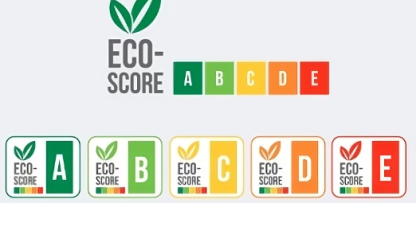The European Union (EU) has recently reached a significant milestone in the regulation of cosmetic products with the publication of Regulation 2023/1545.
This regulation, effective from July 2026, imposes strict labeling requirements to ensure consumer safety, particularly for those sensitive to allergens in beauty products.
This new regulation mandates that manufacturers must prominently label the presence of 80 specific allergenic fragrance substances on the cosmetic product labels.
Regulatory Background
The European cosmetics industry is constantly evolving, with increasing consumer demand for quality, safety, and transparency. This evolution has prompted EU regulatory authorities to periodically review cosmetic product rules to ensure they meet the highest standards of safety and consumer protection.
Allergens in Cosmetic Products
Some fragrance substances used in cosmetic products can trigger allergic reactions in certain individuals, ranging from mild skin irritations to more severe reactions. Therefore, it is essential to inform consumers about the presence of these allergens in cosmetic products to enable them to make informed decisions.
Details of Regulation 2023/1545
This EU regulation introduces significant changes to the cosmetics industry and aims to enhance consumer protection by introducing several key provisions:
- Identification of 80 Allergenic Substances: The regulation provides a precise list of 80 allergenic fragrance substances that must be labeled on cosmetic products. This list is based on thorough risk assessments and robust scientific data. Manufacturers must conduct detailed analyses of their formulations to ensure the presence or absence of these allergens.
- Labeling Requirement: Starting from July 2026, all cosmetic products containing any of these 80 allergenic substances must bear explicit labeling on their packaging. This measure aims to empower consumers to make informed decisions by avoiding products that may cause allergic reactions.
- Manufacturer Responsibility: Cosmetic product manufacturers are required to ensure that their products comply with this new regulation. This involves conducting thorough testing to identify allergen presence and implementing rigorous quality control procedures.
Impact on the Cosmetics Industry and Consumers
This regulation will have a significant impact on the European cosmetics industry. Manufacturers will need to invest in updating their formulations and manufacturing processes to comply with the new rules. While this may entail additional costs, it will also enhance consumer confidence in European cosmetic products.
For consumers, this regulation offers increased protection for skin health. Individuals sensitive to allergens will now have more information to avoid products that could cause dermatological issues. This should also encourage greater transparency from manufacturers and stimulate innovation in the development of safer cosmetic products.
Conclusion
EU Regulation 2023/1545 represents a major step forward in cosmetics regulation in Europe. It aims to protect consumer health by mandating the mandatory labeling of 80 allergenic substances starting from July 2026. This measure enhances transparency in the cosmetics industry, improves product safety, and enables consumers to make informed decisions. It is an example of the EU's commitment to public health protection and consumer safety. Manufacturers, on their part, must adapt to the new requirements to ensure compliance with their products and maintain consumer trust. This regulation demonstrates the EU's dedication to maintaining high standards in the cosmetics industry for the well-being of its citizens.


